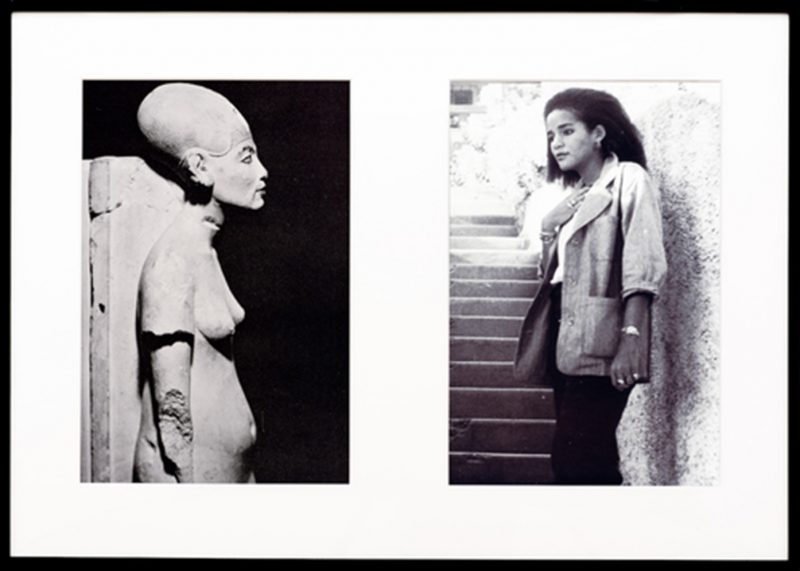Forgive me if I’m committing the sin of self-promotion, but I’d like to add an annex to my piece last month about the MET’s class-focused New Acquisitions show. There’s a trio of music videos—with soundscapes evoking hoods all across the world—that could have added a contemporary flash to that MET show.
“Ghetto Phénomène” Houari’s Le Chant des Ra ta ta—with its bass pace, main string riff, and Houari’s amped but unvocodered voice—was a constant on my Marseille rap playlist. Yet I didn’t realize the song was more than just catchy until I watched the video.
